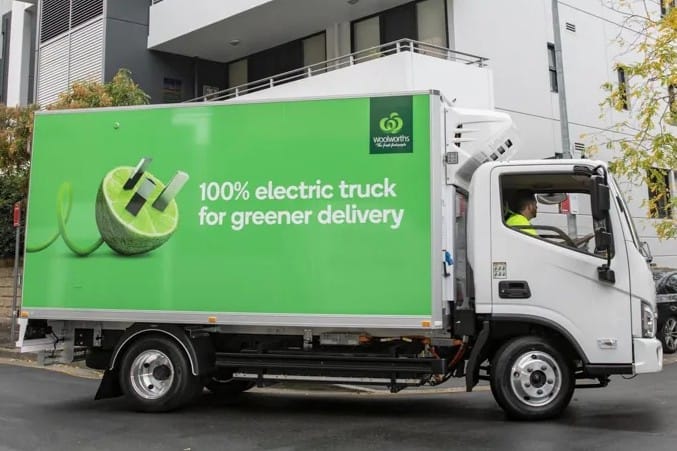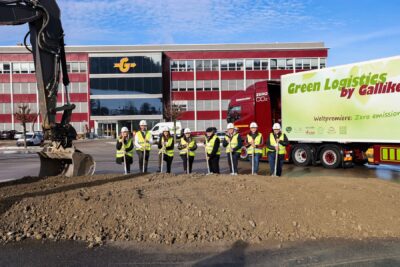Zenobe receives major investment for fleet electrification in Australia
A UK-based company, Zenobe provides an EV leasing model which it terms ‘Electric Vehicle as a Service’ (EVaaS). In practice, it means Woolworths – Australia’s largest supermarket chain – will lease vehicles, charging infrastructure and maintenance services at a fixed monthly price per vehicle, with Zenobe handling all aspects of the transition including procurement, charging station installation, maintenance and battery management.
The CEFC finance is essentially backing the use of 60 e-trucks on this basis by Woolworths in ‘last-mile’ deliveries in an effort to shift the retail firm away from diesel vehicles. Citing high upfront costs and a lack of infrastructure and grid integration, CEFC says that its financing will help Woolworths overcome the traditional hurdles to fleet electrification.
CEFC, which acts as the Australian federal government’s ‘green bank’, also stated that this investment is part of a wider $19 million AUD project funded by ARENA and Zenobe, which includes the development of Australia’s “first off-site multi-user charging hub” for battery electric trucks in Mascot, New South Wales. Approximately 20 of the 60 trucks will be based at this depot, with the remining 40 being deployed across New South Wales and Victoria.
Gareth Ridge, Country Director of EV Fleets at Zenobe, said: “This support from the CEFC enables us to deliver electric trucks and charging infrastructure for Australia’s largest supermarket retailer. Through our Electric Vehicle as-a-Service model, we handle the upfront cost and complexity of fleet electrification and manage the entire transition so our customers can focus on their core business.”
Meanwhile, CEFC Head of Infrastructure Julia Hinwood said: “Investing in Zenobē’s shared infrastructure model will allow major logistics and freight operators and users to transition to electric vehicles (EVs) without the significant capital expenditure and complexity associated with the uptake of BETs. It is essential to address the finance gap present in electrification of heavy fleet transport to accelerate the decarbonisation requirements within the sector.”





0 Comments